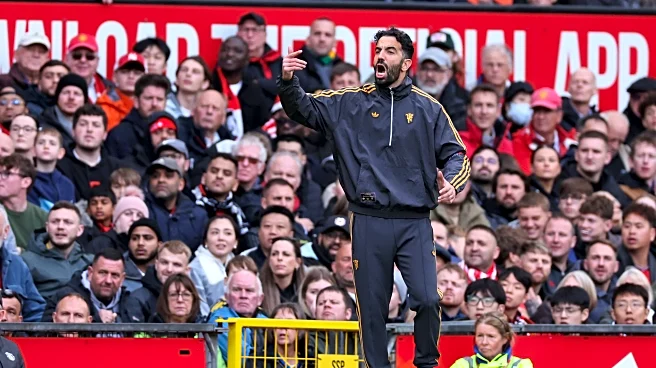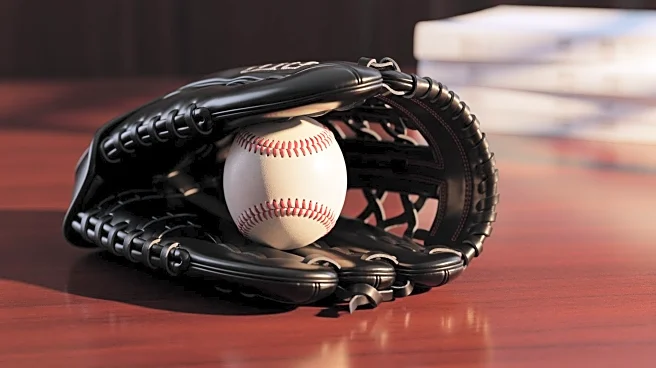Ruben Amorim is the manager of Manchester United. He’s young and has a successful record behind him. He sticks to his guns. He has been empowered to stick to them by those he reports to: the sporting director,
the CEO, and the owner. During games, the fans sing his name. This summer, he acquired the services of two players with Premier League pedigree and two youngsters who seem to have now settled into the first team. All of them have their best years ahead of them. Seven games into the new season, no team has generated more expected goals in the league than Manchester United.
One could list out other facts that are just as true and paint a very different picture. One could, of course, examine the facts listed above and offer a very different perspective: sticking to one’s convictions is naive, Amorim’s age highlights a lack of experience, and so on. One could take all the facts that aren’t here, the unflattering kind, if it isn’t clear by now, and offer a rosier perspective.
Anyhow, the facts in the first paragraph were listed out purposefully. Many of these characteristics, not too long ago, were considered the hallmarks of a successful club in this day and age. It could be that United are pushing for a setup in a world that has outgrown the need for it. Of course, it’s still early days under INEOS and Ruben Amorim. United could perhaps find the success that’s eluded them for some time under this setup, but as the team heads to Anfield this weekend, no one could claim that with any confidence.
In such matters, I find that it’s best to look at what stays the same across eras. Let’s look at the two most successful Premier League managers. Pep Guardiola demands great tactical discipline from his wingers and adapts his tactics to his opponents. He also encourages the players with greater defensive responsibility to take risks in possession. In contrast, Sir Alex didn’t demand great tactical discipline from his wingers when the ball was in their possession and encouraged them to have a go with it. He also demanded great discipline and concentration from the players with the greatest defensive responsibility. Both cases highlight the flexibility and inflexibility of their different ways, but also the great demands they placed on players. Many other essential qualities shared between the two can be drawn out with a more rigorous analysis.
More recently, let’s take Senne Lammens’ debut. He made saves when they were asked of him and handled the balls in the air with little fuss. His kicking wasn’t as expansive as Andre Onana’s or as accurate as Altay Bayindir’s; it was closer to what you’d expect from David De Gea. However, even with his kicking, he brought a calmness – the essential quality — that the names listed earlier don’t possess. He has only played one game, but his debut was an example of what is desirable from a United goalkeeper in all games.
This isn’t to deny that little tweaks aren’t important. It’s to suggest that, whatever the times – and these are uncertain times for Manchester United – it may be best to identify what the everlasting and more essential qualities that any great side, manager, or player across any era possesses are. Besides, if the popular fashion of the day switches regularly, there’s no need to present a pale imitation to keep up with the times.
Establishing these qualities and building upon them as a base will be of more value in discussions among generations of fans, but more importantly for INEOS. It’s still a bit unclear how INEOS plans to go about their project, but they seem to have made a decision on Amorim. The game at Anfield is a good opportunity for the players, manager, and those above to showcase if they possess the unchanging characteristics necessary, but it could just as easily expose that they don’t. Let’s hope it’s the former.









